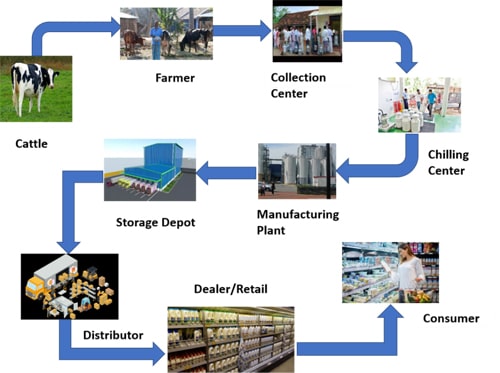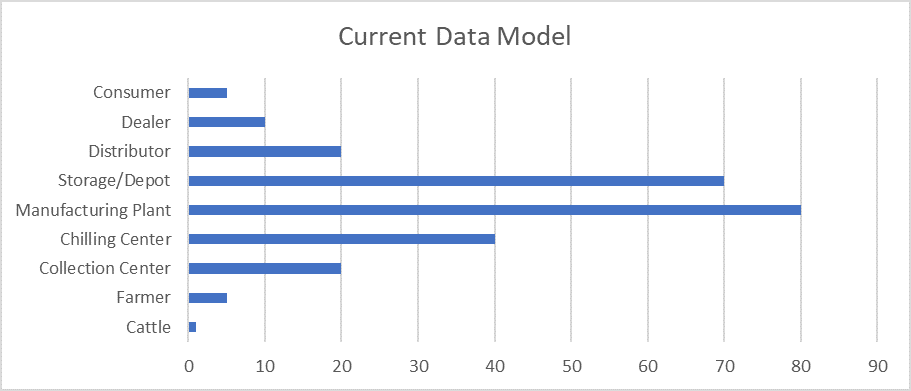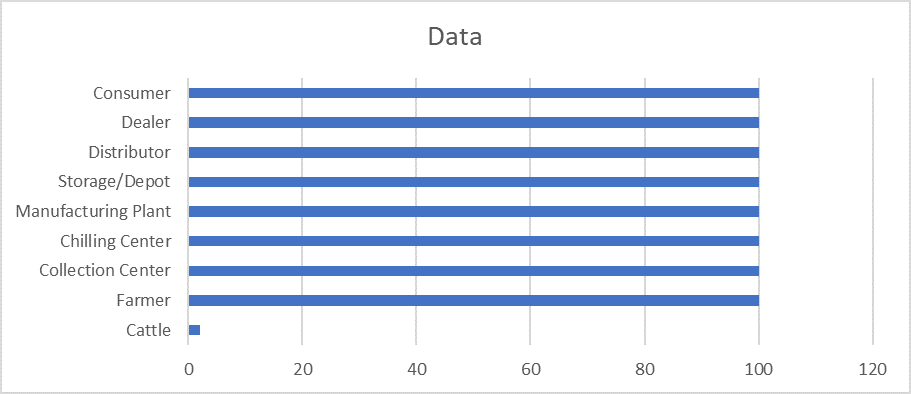Blockchain-enabled Supply Chain Management
Supply chain managers spend a considerable amount of time anticipating costs, responding to fluctuating costs, and managing complex operations across the supply chain. They all agree on the fact that real-time end-to-end supply chain visibility can help them address a lot of these concerns.
Blockchain technology has a huge role to play in making supply chains more efficient, controlled, and predictable. Ready-to-deploy applications leveraging blockchain technology help organizations to build on productivity and efficiencies by providing multitier visibility across the supply chain.
Let us understand how blockchain technology addresses challenges and complexities in supply chains by taking the FMCG industry as a case in point. The FMCG (Food and non-Food) often face problems with shipment tracking and batch traceability from the factory to the consumer. Furthermore, using disparate systems across distribution chain nodes, stock inefficiencies like excess or inadequate inventory, add costs to the overall supply chain.
Current Scenario
In the current scenario, there are three aspects that are incomplete in the above cycle and these are typical scenarios in any FMCG organization
- Traceability
- Cycle time
- Finished Goods Quality
In the dairy industry, the supply chain starts with the cattle and ends with the consumption of the product by the consumer. In liquid milk, the consumer is unaware of the source of the milk consumed. The only information accessible is the batch number, manufacturing date, and expiry date.
Cycle time in this case is the time taken for the milk to reach the consumer. In perishable goods, the cycle time can be defined as pre-processing and post-processing cycle times. The time taken from the point of milk being collected from the cattle farm to reaching the manufacturing plant pasteurizer is a critical span, even more, critical than the manufacturing date. The impact (changes in the attributes of the milk) in the pre-processing stage are irreversible.
It is important for the consumer to know the date of sourcing to reassure the quality of the product. But the current model does not give access to this information.
Not all quality results are available to the consumer and are provided only on a need basis to external quality control bodies.
Blockchain Enablement
In a Blockchain-enabled process, information across points is maintained in a single blockchain for sharing with all the parties in the network. This will result in faster access to information on raw material sourcing, lot number, quality information, and manufacturing information, and thus greater transparency of the supply chain.
In the above example, a consumer can access the sourcing details. A farmer can verify the quality parameters of his raw milk are the same as when it was received in the chilling center. Even within an organization, any pilferage during transit is reduced by immediate reconciliation within a block.

Post Blockchain Enablement
All the members of the blockchain have access to the entire information as it is one distributed ledger available to all members.
